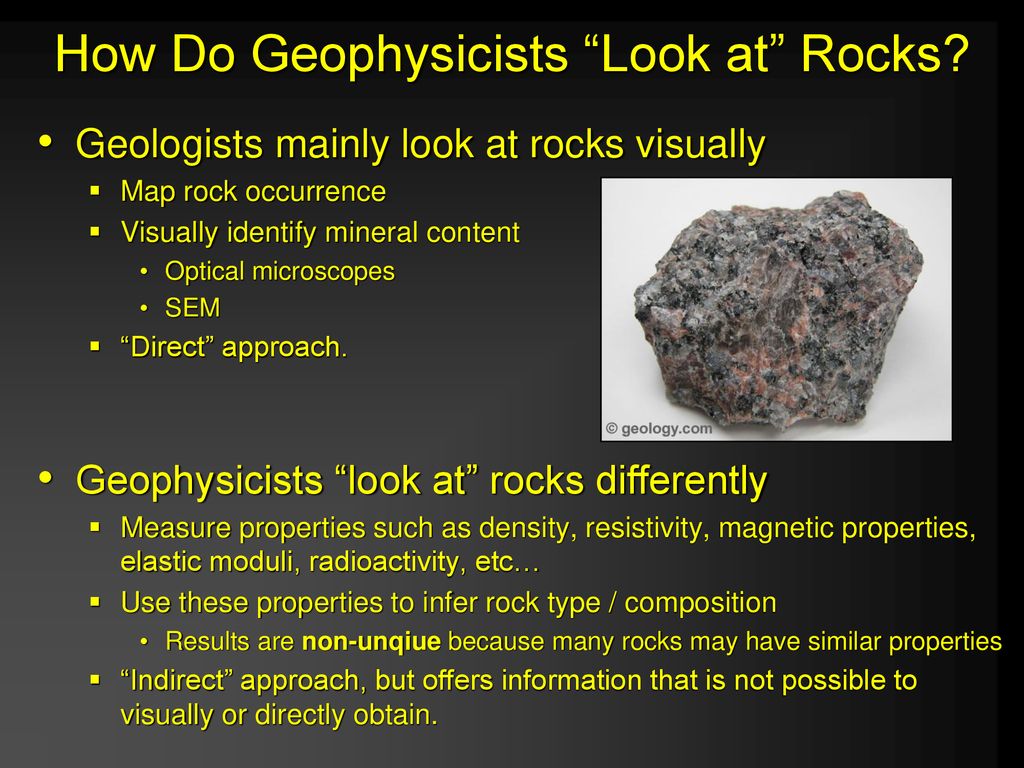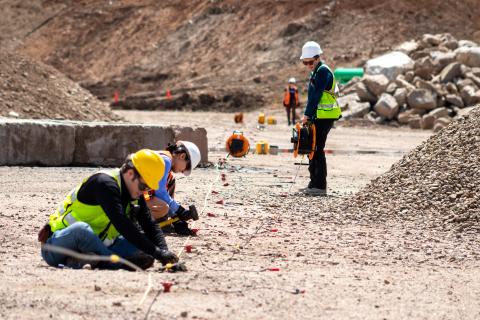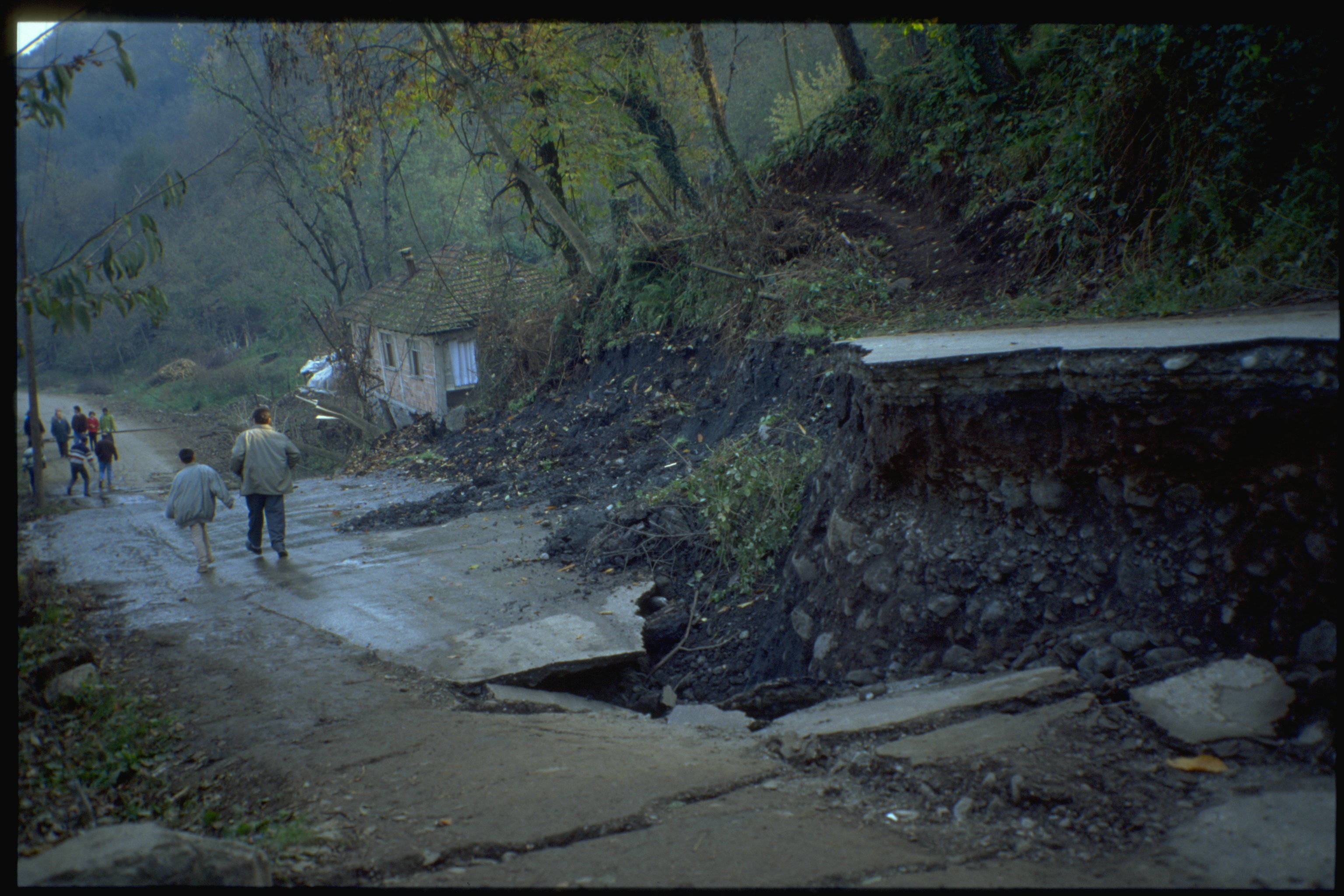All Categories
Featured
Table of Contents
Geological And Geophysical (G&g) Surveys in Beldon Western Australia 2020
This work is progressively contracted out, so consultancies offer another source of work. Consultancy companies differ in size, from extremely little companies to large multinationals. Some consultancies are rather specialised in utilizing specific geophysical methods or working in particular locations, while others use a more diverse variety of services to their consumers.
The extraction of gas from landfill sites is another location of employment and this may grow in the future. Expedition business may carry out work for building firms, water companies, mining companies and environmental firms, so geophysicists may be utilized in any of these settings. Other employers consist of: geological surveysgovernment bodies and agenciesuniversities and research study institutes.


Vacancies might be listed in the oil and gas sector press. Recruitment is impacted by oil rate changes and the level of competitors for positions differs depending upon this. Professions Days, which cover the complete variety of geoscience professions and are generally attended by a number of crucial industry employers, are run by The Geological Society.
Geophysics in Coogee Australia 2023
Some of the big oil and gas companies provide a complete two-year structured training programme across the breadth of geophysics, consisting of the opportunity to experience work in numerous teams prior to specialising in one location. Your training may consist of work on: existing wellsmagnetic and gravitational potential field information analysisresearchrock analysis. Nevertheless, it's more typical for your initial training to be supplied on the task.

There may be a probationary period during which you work along with an experienced coworker. Competency-based appraisals take location frequently in many companies. In smaller firms, and for scholastic posts, there is unlikely to be any formal training - you'll be expected to start work straightaway and get skills as you go along.
If you work for a smaller company, you may discover that you require to take obligation for setting up and funding your own advancement and training. If you have a geology degree, membership of The Geological Society can be beneficial for networking and for keeping up to date with the industry.
What Does A Geologist Do? in Carmel Aus 2022
You might also discover it helpful to join the PESGB (The Petroleum Expedition Society of Great Britain, which has a geophysics unique interest group. After a probationary duration, and as soon as you've acquired some experience, you could advance to senior geophysicist, then group leader and then into a senior role in management.
The ease of motion in between roles depends upon the company structure. Study at Masters or Ph, D level in a subject related to geophysics or geosciences might assist with your career advancement and progression. The employment market within the oil and gas industry is very depending on price and this might affect your chances for profession development.
However, not all tasks are reliant on the oil and gas markets. For experienced geophysicists, freelance consultancy provides a good path for profession development. You can likewise specialise in a specific location of geophysics. As a geophysicist, you're likely to have a number of tasks throughout your working life. Global mobility is important for dealing with peaks and troughs in various countries at various times.
Geophysics in Ferndale Oz 2021
From geophysics, it's possible to concentrate on seismology (completing further training to end up being a seismic interpreter) or to move into related areas such as engineering geology or threat forecast.
Deciding what to study in college is a difficult option. Even if you understand that your field of interest lies in science, what program of study is ideal for you?
The first step to achieving your objective of ending up being a geophysicist is earning a degree. Even for entry-level positions in the field of geoscience, you'll require a bachelor's degree (a geophysicist college degree) from a recognized college or university. Some research positions require prospects to hold master's degrees and even Ph.
Geophysicist Job Description in Karawara Aus 2020
Postgraduate degree are especially essential if you plan to teach at a four-year organization. Geophysicists apply physics principles and methods to study the gravitational, magnetic, and electrical fields of the earth. This enhances scientists' understanding of both the world's interior core and its surface. Geophysicists must have the ability to: examine rocks, pictures, and other pieces of data carry out research both in the field and in laboratories create maps and charts of their findings compose reports To achieve all this, trainees need a specialized education for geophysicist careers.
As mentioned above, you'll need a bachelor's degree in geoscience or an associated discipline, such as a physical science or a natural science, to land an entry-level job. Trainees can also prepare by majoring in topics like: Biology Chemistry Computer science Engineering Mathematics Physics The above geophysicist majors offer a more generalized technique to a single scientific discipline, but most programs require trainees to take one or more geology course.
Latest Posts
Bachelor's Degree In Geophysics - Degrees & Programs in Woodbridge Oz 2023
Geophysical Methods in Leederville Aus 2022
Job Profiles : Geophysicist Physics in Northbridge WA 2020